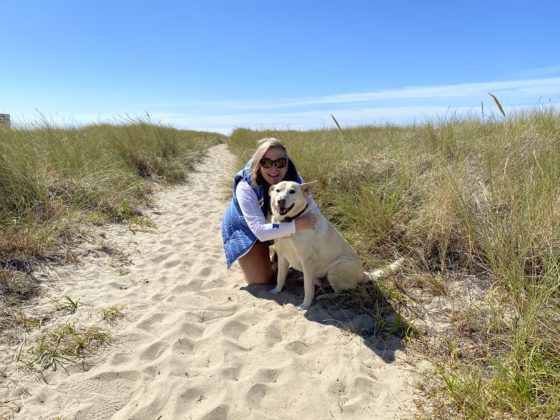I was in the Bay Area last week for a conference with an alliance of peers who provide career services to working professional MBA’s (Alumni and Executive or PT students) at top business schools around the world. The annual meeting is always an energizing and rejuvenating experience as we take a deep dive into MBA careers in specific industries or markets, engage with experts and share knowledge with each other. Since we were in San Francisco this year, we concentrated on Technology and Startups, hearing from Venture Capitalists, Entrepreneur coaches and experts while visiting Google and Plug & Play during the week. I confirmed many of my tips, had some new insights and learned a ton. Here I’ll share some of my thoughts:
- If you want to enter a new space, reaching out to people who are already in that space is invaluable. You won’t only learn about the environment, specific companies and roles, but you will also develop relationships with people who will be in a place to help you connect with others in the space and grow your network.
- It is imperative to know the language (and recognize the dialects) of the space where you want to play. Doing research online is a great start before talking with people who might be able to indoctrinate you or be a “translator” of sorts. The intricacies and nomenclature of the tech space can be unique – some words and titles mean different thing than they do in other environments. For instance Project Managers, Product Managers and Program Managers have specific (and sometimes different) meanings from company to company in Silicon Valley.
- To get involved in the startup space in the Bay Area one really needs to be physically present in the area. The startup ecosystem available in the San Francisco and Silicon Valley is quite robust and runs the gamut from programmers, to fellow risk-takers, to lawyers specializing in technology and/or startups, to marketers, to the all-important investors. Seeing this mature environment, I recognize what is beginning to flower in Charlottesville with the iLab and burgeoning startup ecosystem in Charlottesville. In addition, we are fortunate that Darden has relationships with both Plug and Play in Sunnyvale, CA and 1776 in Washington DC.
- No matter how much experience you have in your field there is always a lot to learn from fresh eyes and new blood. I have been coaching mid-career business executives in job transition and career management for 14 years. I love sharing knowledge with people new to the profession because I learn so much from them in return. During this conference I had a great conversation with someone about reverse-mentoring … a 60 year old business leader interested in learning about digital marketing who found a 26 year old fledgling MBA to share her wisdom with him.
- Failure is valued and should be embraced as a positive. Mark Coopersmith and John Danner authors of The Other F Word proclaim that “failure is the sibling of success” and showed that smart leaders find a way to reframe success by pivoting (as in the failed burbn’s evolution to the successful Instagram) or riveting (as in the case of the makers of WD-40 – finally finding the hugely successful formula on the 40th try!)
- Presentation style can be as important as the content in making an impression. Stanford’s Dave Evans presented a design thinking approach to career decision making, in which you “build your way forward” through defining, ideating, prototyping, testing and finally implementing solutions. The content was intriguing, but his funny, engaging and entertaining approach to presenting had us on the edge of our seats as if we were watching an Improv show!
- Passion counts, one way or another. Saeed Amidi, CEO and Founder of Plug and Play, cited obvious and authentic passion as one of the most important things he looks for in choosing which new business founders to support. On the other hand, Dave Evans is a self-proclaimed “non-passion guy” proclaiming that passion is usually “the outcome rather than the input.” I believe both men are right about passion – it can be instrumental to success, but it often develops during the building process even if it wasn’t there when the foundation was being poured.
- Product Management is the hottest, sought after experience in technology sector executive talent recruitment arena, according to both top name executive recruiters and venture capital partners. Companies look for technical skills and education in addition to business skills when filling product manager roles. If a person doesn’t have an engineering or programming background, another path to product management is to prove oneself in another role and get promoted or transferred within the same company.
- Being an ACTIVE member of a professional organization is so much more beneficial than being a passive observer. I took over as executive director of the MBA CSWP Alliance last year, and in doing so have gained valuable leadership experience and widened my network with stronger ties to industry, to academia and to resources. The extra work pales in comparison to the benefits of this volunteer assignment. If pursued and approached with energy and passion, relevant volunteer projects and roles can be as career enriching as the stuff you get paid to do!
Flying back to Charlottesville, I reflected on the value of stepping away from my regular routine to learn and interact with experts in a focused area and network with peers to enrich my abilities as a career advisor. I am excited to get back to working with alumni!
Connie Dato English (MBA ’91), Director of the Armstrong Center for Alumni Career Services at the University of Virginia Darden School of Business




